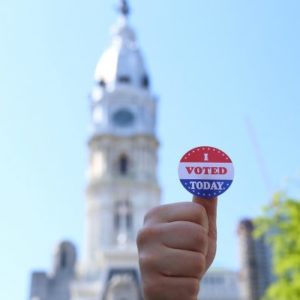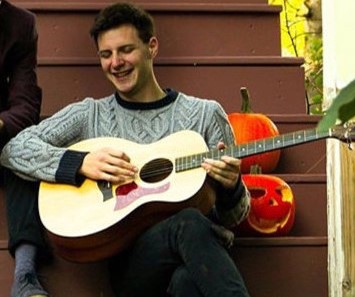Pennsylvania lawmakers have joined the national fray surrounding election law reform.
Sparked by claims from former President Donald Trump that the 2020 presidential election was stolen, numerous state legislatures across the country have picked up the mantle of voting law reformation—to the relief of some and the worry of others.
House Bill 1300, also known as the Voting Rights Protection Act, was spearheaded by Republican Rep. Seth Grove. It stands as the broadest election reform legislation in state history, bringing a slew of changes that would impact how elections in Pennsylvania operate. The bill passed the House largely along partisan lines on June 23 and the Senate approved it on Friday. But its fate is uncertain as Gov. Tom Wolf, a Democrat, called it “extreme” and will likely veto it.
The nearly 150-page bill includes numerous enhanced security measures backed by Republicans, as well as a majority of voters. Those measures include expanding Pennsylvania’s voter ID laws, signature-match verification, and heightened focus on the integrity of voting and vote-counting machines.
Polls show the majority of Pennsylvanians agree with some of the more significant aspects of the bill. A recent survey released by Franklin & Marshall College indicates 59 percent of registered voters believe the state’s election laws need to be revised, although the belief is stronger among Republicans (75 percent) than among independents (52 percent), or Democrats (46 percent).
More specifically, voters across the ideological spectrum strongly support signature matching for mail-in ballots (81 percent) and photo ID requirements (74 percent). Data also show there was no clear majority on the issue of no-excuse voting by mail.
The bill also addresses the concerns of county election officials. They include allowing poll workers to prepare ballots for counting prior to Election Day and moving back the deadline for voters to request a mail-in ballot to 15 days before the election as opposed to the current seven.
However, it also brings with it controversial restrictions that many Democrats believe amount to voter suppression. Though support among voters is strong, Democrat politicians continue to oppose it.
“House Bill 1300 is yet another partisan attack on Pennsylvanians’ voting rights and our democracy,” said Sen. Katie Muth (D-Chester/Montgomery/Berks). “Any election reform coming from the majority party in Harrisburg is an effort to continue to abuse power by restricting access to the ballot box and ensuring current gerrymandered lines in Pennsylvania stay intact.”
Muth and other Democrats’ concerns arise from provisions in the bill that are couched in what they believe are erroneous claims of widespread voter fraud in the 2020 election, for which they contend there is no evidence. Notably, the bill would shorten the time voters have to register, reduce the number of ballot drop boxes while requiring those boxes to be monitored by paid professionals or volunteers, and forcing voters to include a copy of a valid ID if they vote by mail. Democrats allege these measures unfairly target Democratic voters, who tend to vote by mail more frequently and register later in election cycles.
Democrats also worry the bill distracts from some of the more pressing issues facing the state. Rep. Napoleon Nelson (D-Glenside) called the bill “the majority party’s attempt to distract us from their inadequate budget plan.” Nelson said Democrats came up with a plan to use the $3 billion budget surplus and the $7 billion in American Rescue Plan funds for schools, businesses, and communities.
“Republicans just want to take taxpayers’ money and sock it away,” Nelson said.
Republicans reject these claims and stress the importance of voters’ trust in the integrity of elections. Rep. Tracy Pennycuick (R-Harleysville), believes the bill would stand as a victory for all Pennsylvania voters.
“Election reform is something the people in my district have asked for and spoken to me about. I have heard from people who want more stringent security measures in place, and others who want greater access to voting,” said Pennycuick. “House Bill 1300 strikes a balance and addresses many of the overriding concerns of Pennsylvania voters.”
And Rep. Chris Quinn (R-Middletown) said, “Confidence in our electoral system is critical to our form of government. Some say the improvements in election security aren’t needed, that our elections are ‘safe enough.’ There’s no such thing as ‘safe enough’ when protecting the integrity of our elections.”
Nelson, however, disagreed.
“The truth is, we do have free and fair elections; what we’re lacking is trust…And while H.B. 1300 has both benefits and drawbacks, at the heart of the partisan bill is the theory that our elections are not free and fair, that they’re rife with fraud, a notion that was repeatedly disproved in the court system,” Nelson said.


